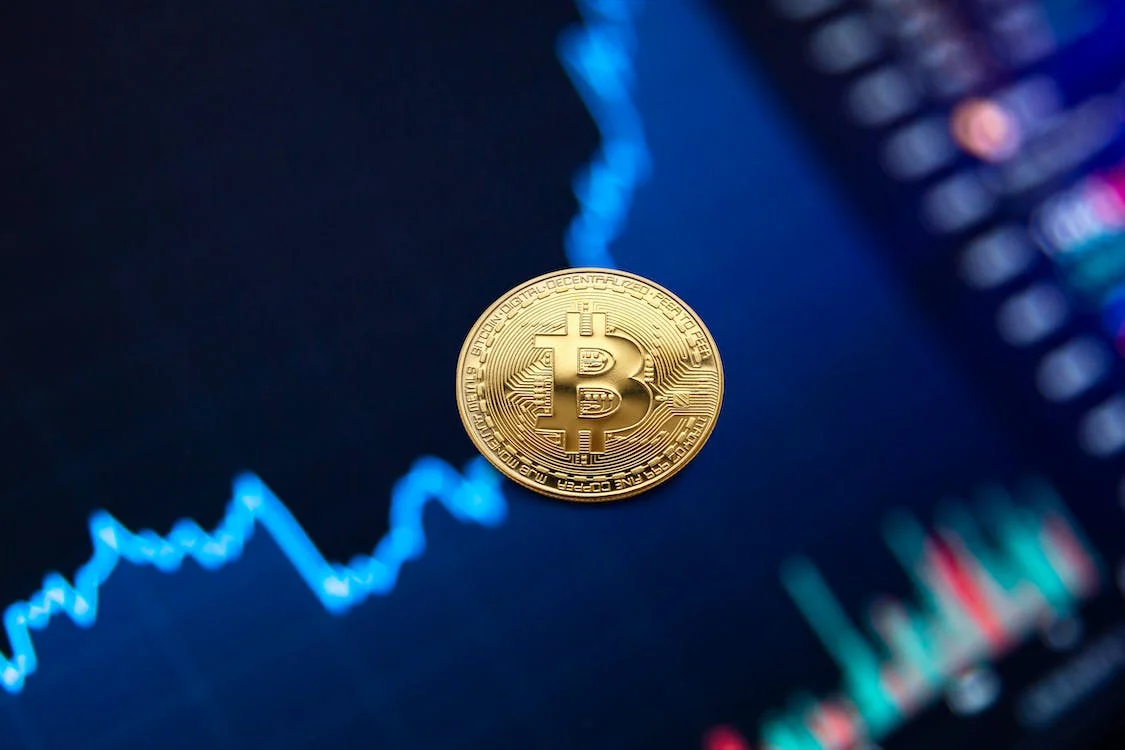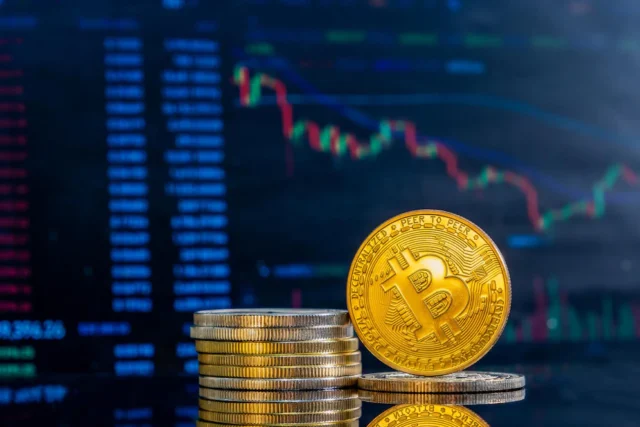
Exchange-traded funds, ETFs for short, have become popular with many investors owing to their intraday liquidity and low transaction costs. They can be structured to monitor specific investment strategies. A crypto ETF consists of digital assets, such as Bitcoin, and trades on traditional exchanges, providing leverage to the price. Rather than selecting a winning cryptocurrency yourself, the ETF yields investment exposure to a bunch of tokens and underlying blockchain technology.
Cryptocurrency is acquired by the company, securitized, and sold or traded on the exchange. All sorts of investors, from individual retail investors to those seeking to launch their own crypto funds, turn to the world of ETFs.
Hong Long’s Securities and Futures Commission (SFC) is planning to authorize ETFs tracking cryptocurrency futures for retail investors, despite the mainland’s stringent approach to digital asset regulation. Hong Kong first approved the trading of virtual asset-related products in 2018, yet access is limited to professional traders, that is, investors with portfolios of at least $1 million. The SFC affirmed that it welcomes future assessments on property rights for tokenized assets and the legality of smart contracts.
Additionally, it will launch several pilot projects to test the potential benefits of cryptocurrencies and their application in the financial market.
At Present, Retail Investors Can Only Trade on Traditional Exchanges

Non-professional investors execute their trades via cryptocurrency exchanges, such as Binance, purchasing securities for their personal accounts and trading in smaller amounts as opposed to institutional investors. Bitcoin, which is crystallizing as a legitimate investment, is offered on traditional exchanges to be traded. Certain ETFs provide exposure to the cryptocurrency market. There are several ways individuals can trade, like buying ETFs on exchanges directly, leveraging derivative instruments such as contracts for difference (CFDs), or even buying Ethereum with a credit card for added diversification in their crypto portfolio.
A Bitcoin ETF will track the Bitcoin price today, so investors gain price exposure without asset ownership via an investment vehicle they’re familiar with and tax rules they know.
In The Developmental Stages, The SFC Would Allow ETF Investing in Bitcoin Futures
Julia Leung Fung-yee, the executive director of the SFC of Hong Kong, maintained that some chief apprehensions about virtual asset futures ETFs have become more malleable, meaning they can be dismissed with adequate measures. She confirmed that the SFC would allow, in the beginning, ETFs that invest in Bitcoin futures and Ether futures. A BTC futures exchange-traded fund issues shares of common stock that are traded on a national securities exchange. A corporation or trust creates an independent company that functions as a private investment structure, which in turn trades Bitcoin futures contracts to imitate the spot price of BTC. Since the futures contracts don’t pinpoint spot prices precisely, meaning the returns aren’t synchronized with spot market prices.
Bitcoin futures ETFs and Ethereum futures ETFs will be traded on the Chicago Mercantile Exchange, a global derivatives marketplace that offers benchmark products across all major asset classes. In due time, the ETFs will be endorsed by the Hong Kong authorities.
The government wishes to reach out to global virtual asset service providers and invite them to the city. In this respect, the jurisdiction’s Legislative Council is presently examining Hong Kong’s new VASP licensing regime, which is set to come into effect on March 1 of the following year. The government and financial regulators will facilitate the sustainable and responsible development of the virtual assets sector in Hong Kong.
Hong Kong’s Crypto Ecosystem Has Made Substantial Advancement

Hong Kong seeks to rebuild its reputation as a fintech hub and overcome Singapore, its closest competitor in Asia. Not only will retail investors be able to trade crypto ETFs but also cryptocurrencies. Management companies would be required to have a good track record of regulatory compliance and three years of experience managing ETFs. Besides the fintech power, Hong Kong has a geographic advantage with easy access to the China market and the Association of Southeast Asian Nations (ASEAN), a political and economic grouping. Even if many have applauded the authorization of crypto ETFs, others are concerned it won’t be implemented.
In the past couple of years, Hong Kong’s cryptocurrency ecosystem has made tremendous advancements. To be more precise, a substantial number of global financial institutions and service providers have entered the space, during which time financial regulators have gained experience in controlling virtual asset trading platforms and fund firms. The local government is open to the crypto sector, so it doesn’t impose taxes on investors or businesses that generate profits from trading digital assets. This year, Hong Kong was ranked as the most prepared country for cryptocurrency adoption, according to a report that considered the number of ATMs, legislation and taxes surrounding crypto, and the number of blockchain startups.
There Might Be Changes to How Tokenized Securities Are Viewed

Tokenized securities serve as value-transfer instruments and enjoy regulatory protection, just like traditional securities. Examples include but aren’t limited to bonds, stocks, and derivatives. According to the SFC, tokenized securities should be treated in the same manner as other financial instruments, meaning they should no longer be classified as complex products because they’re issued on the blockchain. Therefore, tokenized securities might be treated differently from an operational and regulatory standpoint.
Tokenized securities can be offered, and existing assets can be tokenized in a way that ensures they qualify as transferable securities.
Conclusion
Crypto ETFs are almost here. The asset management industry has been pushing for years to sell a Bitcoin ETF, and it will finally see its dream come true. According to the experts, savvy investors should allocate a small portion of their portfolio to digital assets to increase returns and diversify their holdings. As Singapore struggles with the challenges of regulating and onboarding new exchanges, the fact that Hong Kong is looking to be crypto-friendly comes as good news. Even if crypto ETFs don’t track the price of assets like Bitcoin, that doesn’t necessarily mean that investors will deal with substandard performance.
While crypto ETFs are tied to the US and Europe, the rise of ETFs in Asia-Pacific can’t be ignored. Hong Kong, one of the leading markets, is seriously thinking about supporting the development of virtual assets.









